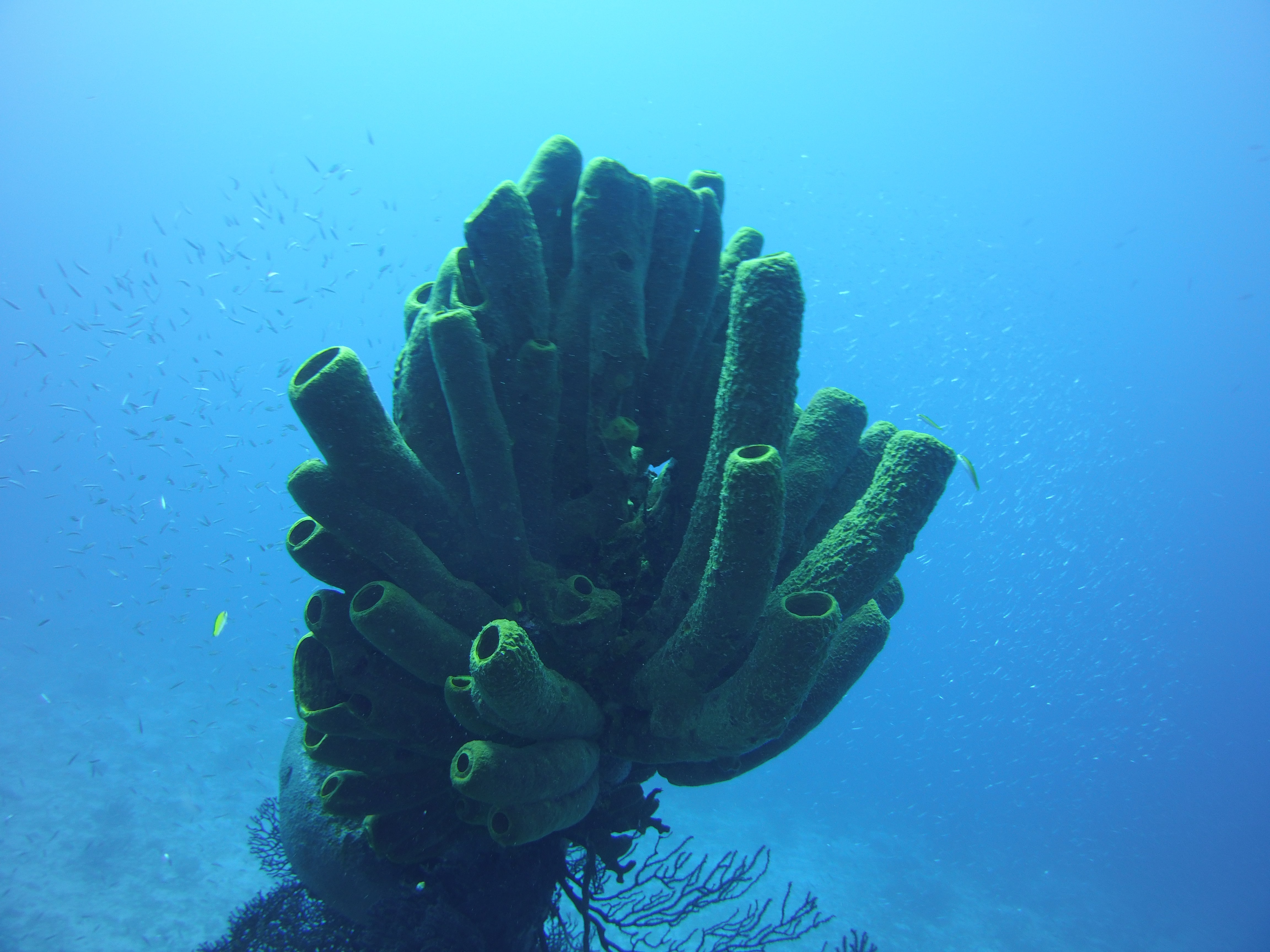News release
From:
Journal/
conference: Journal of Experimental Marine Biology and Ecology
conference: Journal of Experimental Marine Biology and Ecology
Research:Paper
Organisation/s:
Victoria University of Wellington, National Institute of Water and Atmospheric Research (NIWA)
Funder:
This research was funded by a Victoria University of
Wellington doctoral scholarship and by the ‘Resilience of benthic communities to the effects of sedimentation’ (ROBES) programme. We also acknowledge the crew on board RV Tangaroa Voyage TAN1903
for their help with the live specimen samples. Ship time for the voyage
was awarded by the Tangaroa Reference Group (TRG) and funded by the
Ministry for Business, Innovation and Employment (MBIE) (MBIE contract CO1X1614). The authors declare that they have no known competing financial
interests or personal relationships that could have appeared to influence
the work reported in this paper.



 New Zealand
New Zealand


